Do you know that there are many personal pronouns in Japanese?
In particular, there are many words that describe “I” and “you” in japanese.
Interestingly, the nuances are subtly different depending on which word you choose.
Do you know that too? Then why are you still using “watashi”?
This time I will introduce various “I”.
Find the perfect “I” for you.
俺(おれ)- o re –
Top usage rate for boys. It sounds very manly. An elementary school boy is a little confused when to change from “boku” to “ore”.

I changed to “ore” from the third grade in elementary school.
Anyway, boys and men will definitely use this.
Of course, I use “watashi” in a business situations. But wd don’t use “watashi” with friends. If you use it , it’s a funny.
Occasionally, some serious people use “Watashi” even between friends.
Well, that’s good. It’s kind of personality.
The girl who uses this is so strange. Pretty boyish.
“ore” user:

僕(ぼく)-bo ku-
Second most popular among boys. Or rather, many people use both. I also use this in front of my grandpa and the company president. Expression that is gentler than me. There are also smart nuances. Honor students will use this. When I’m a little child, everyone uses this.
“boku” user

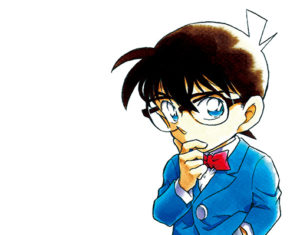
あたし -a ta shi-
Used by women. The sound is almost the same as “I”. This is a slightly frank expression than I am.
I think most men don’t use it.
I think it’s the most popular expression for girls.
No boy use this.
“atashi” user
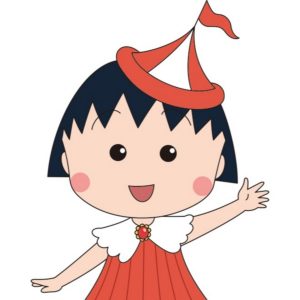
私(わたし)-wa ta shi-
I wrote a lot, but after all, it’s the most convenient. It can and should be used in formal situations. Instead, it feels like there isn’t much familiarity with the other person.
“watashi” user

私(わたくし)- wa ta ku shi-
Kanji characters are the same as me. However, it is sometimes read as “I am”.
And the nuances are very different.
This is for the lady who lives in a large mansion. No, isn’t it?
Anyway, it’s a dignified expression.
Sometimes it’s used by the butler of a mansion or the servants of a castle.
”watakushi” user
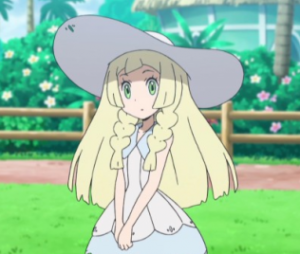
自分(じぶん)-ji bu nn-
It’s a very disciplined expression. Often used by the military. Besides, it is often used in schools and club activities where the hierarchy is severe.
But it’s not that special. People who graduate from such an environment often use it as it is.
I also often use it for seniors in the company.
“jibun” user
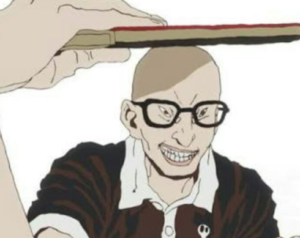
儂(わし)-wa shi-
Grandpa! If you are grandpa, try this.
Or
Yakuza! If you are a yakuza, try this.
Anyway, it includes a nuance of a slightly difficult personality. Ah, but I also use a gentle grandpa.
Originally, it is a dialect of the Chugoku region, so if you go to the Chugoku region, why not use it?
“washi” user

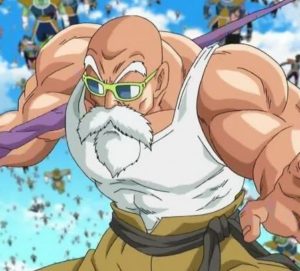
あたい-a ta i-
It’s an expression for girls. Originally a dialect of the Kansai region. The girls who use this have a very lively impression. I sometimes hear that it’s a drama or an animation, but to be honest, it’s pretty rare in the real world.
“atai” user
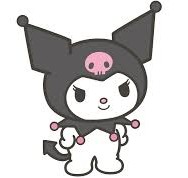
うち-u chi-
This is fairly general. The one that girls use.
Especially often used by middle school girls. On the contrary, it may be rare for an adult woman to use this. Originally, it is a dialect of the Kansai region, so it may be common for adult women to use it in the Kansai region.
“uchi” user

おら-o ra-
It’s a word used by a father doing farm work in the countryside. Well, almost no one is clear in the city. Among the things I’ve introduced so far, it’s by far the worst. You probably won’t use it.
“ora” user
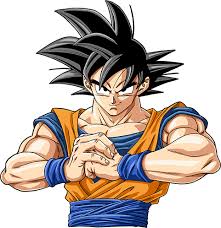
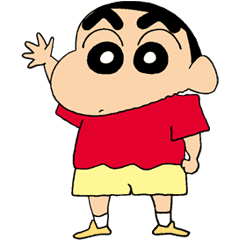
わい-wa i-
Although it is a Kansai dialect, it is not used by young people. It’s the impression used by a rough Kansai old man.
However, for some reason, it has become a very popular word in the area of online bulletin boards for several years. All online nerds use this. That’s why I rarely hear it in the real world, but it is a word that I often see in the online world.
我(われ)-wa re-
Very strict expression. Sometimes used in military or legal texts.
Yup. I often see it in sentences, not in conversation.
The plural form “我々wareware “(=we) is more familiar, and it is used in conversation.
吾輩(わがはい)-wa ga ha i-
It is used by people who are very assertive. It is used by people who think of themselves as the king. It is used in a writing out of the famous novel.
The sentence “I (Wagahai) am a cat, don’t have a name yet” is very famous.
It’s also famous that one japanese top metal rock artist use “wagahai”
“wagahai” user
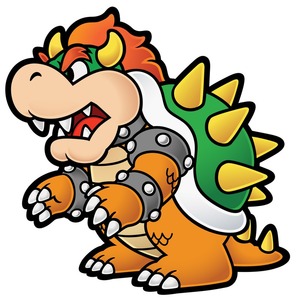
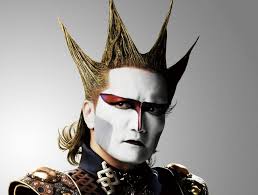
拙者(せっしゃ)-se ssha-
Used by samurai.
“sessha” user
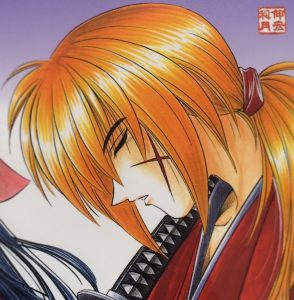
某(それがし)-so re ga shi-
Used by samurai too.
“soregashi” user
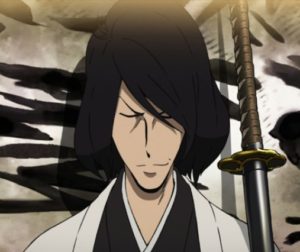
余(よ)-yo-
Used by the king. Ah, the Great Demon King also uses it.
“yo” user
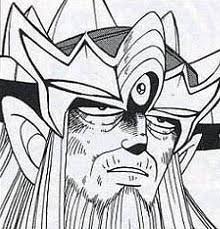
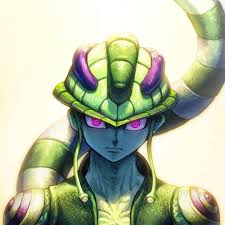
麻呂(まろ)-ma ro-
Words of the nobles who lived in the 8th to10th centuries
“maro” user
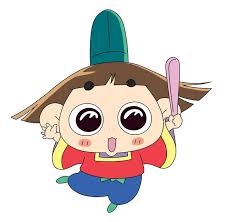
Summary
To tell the truth, there are many more types. They aren’t very major though.
I’m tired while I’m writing, so I’ll finish this time.
I’ll also introduce it if I have the opportunity.


